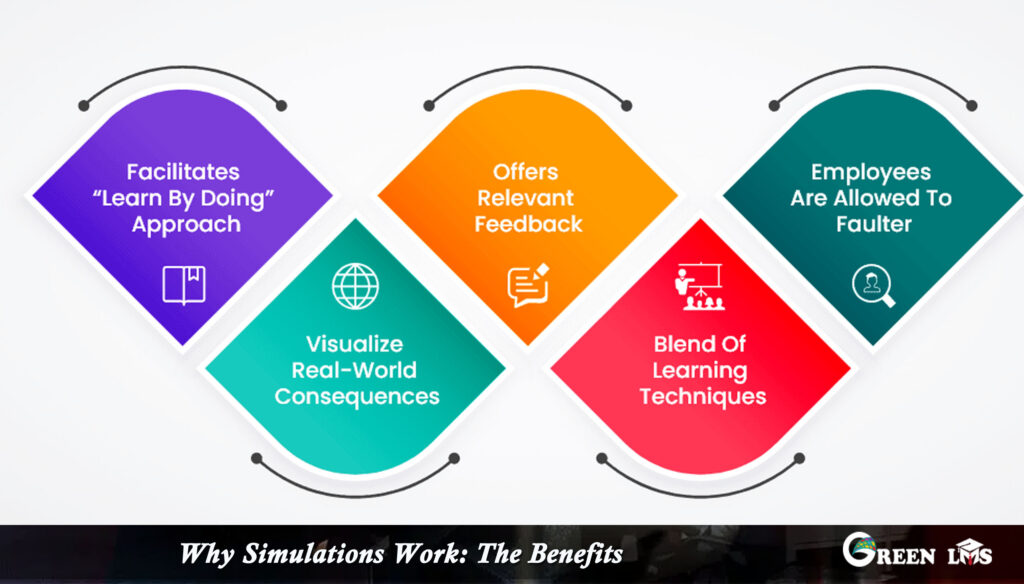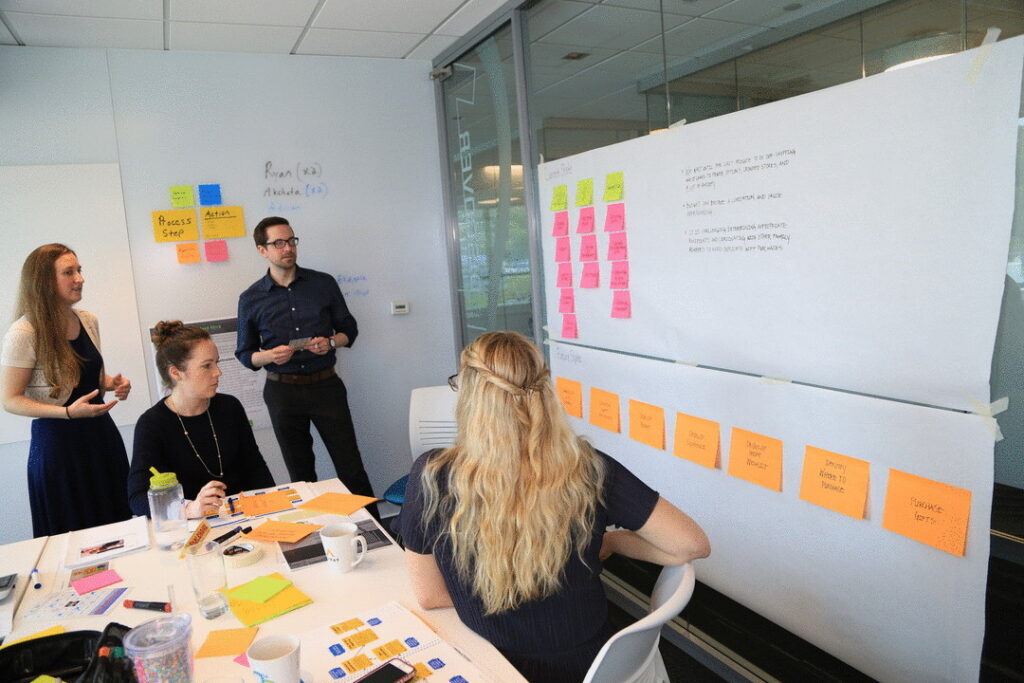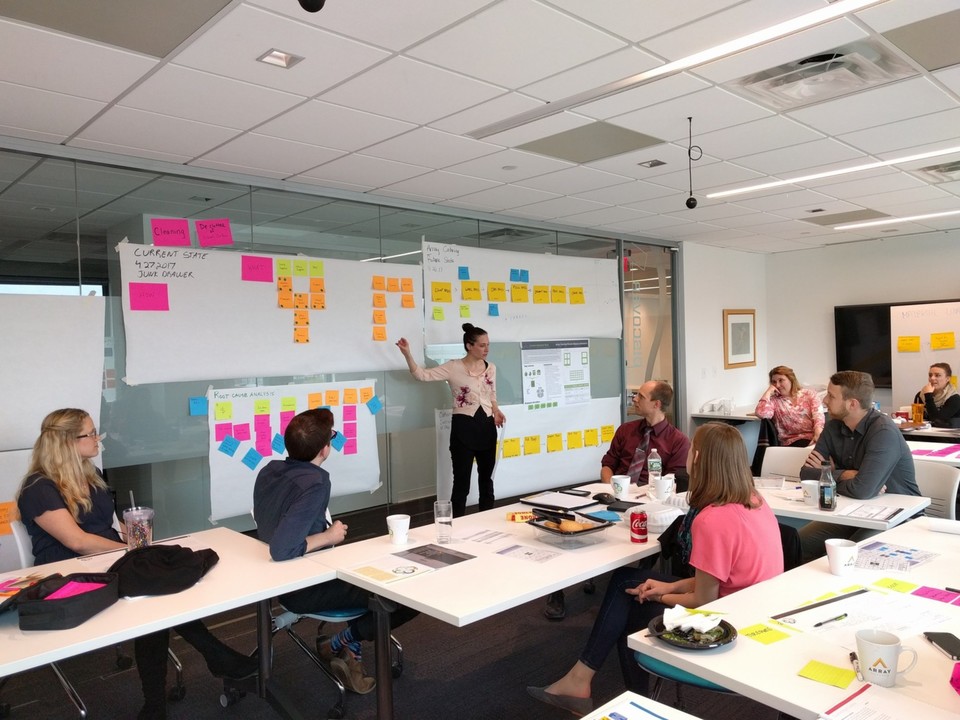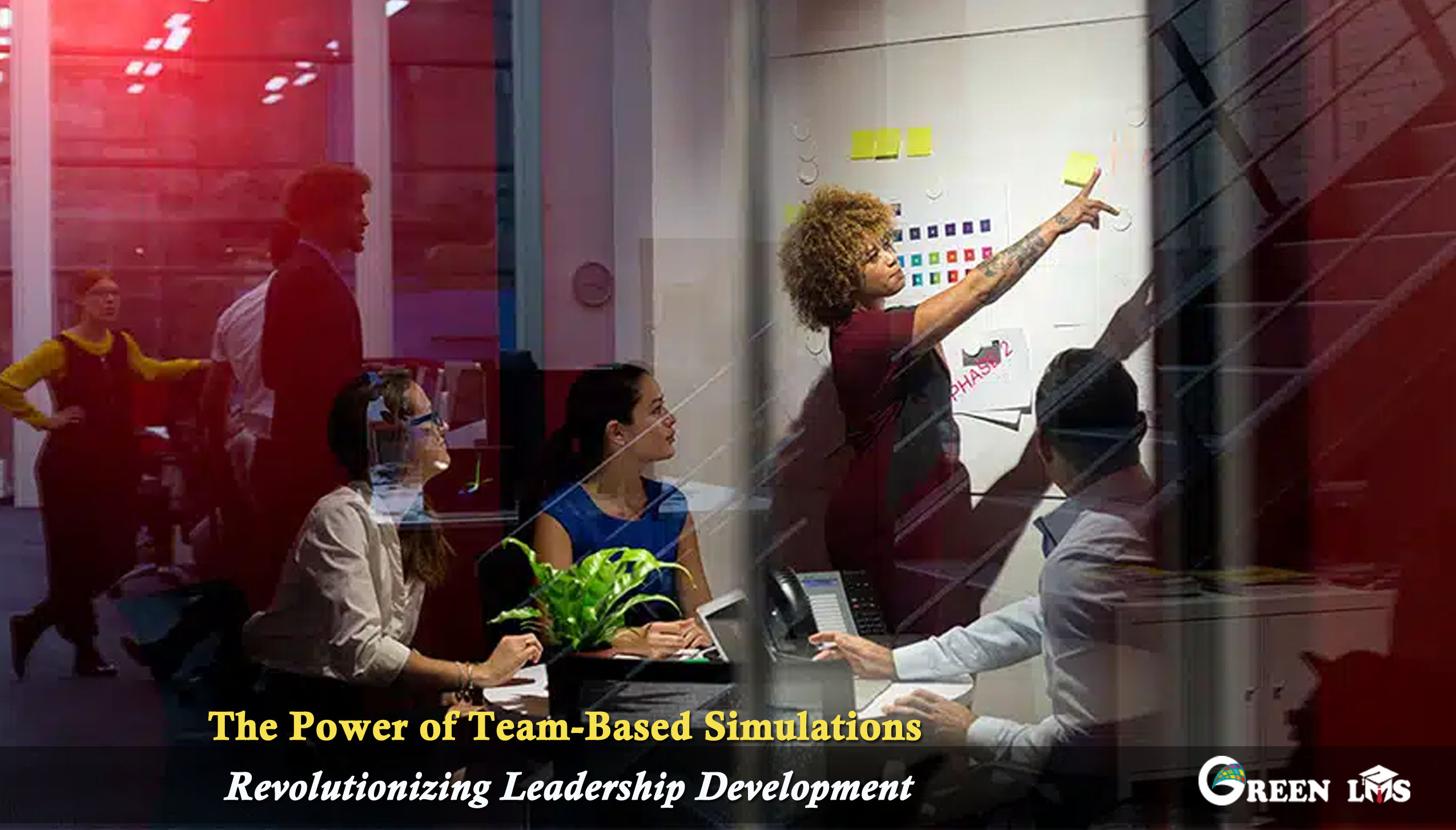In today’s rapidly evolving business landscape, strong leadership is more critical than ever. Organizations require leaders who can think strategically, make sound decisions under pressure, and inspire their teams to achieve exceptional results. But how can we develop these skills effectively? Enter team-based simulations – an innovative approach that’s transforming the way we cultivate leaders.

What are Team-Based Simulations?
Team-based simulations immerse participants in realistic scenarios that mirror the complexities and challenges of real-world leadership. These simulations can range from crisis management exercises to strategic business competitions. Participants work together in teams, making decisions, communicating effectively, and navigating the consequences of their actions in a safe, controlled environment.

Why Simulations Work: The Benefits
- Experiential Learning: Simulations move beyond passive lectures and textbooks. Leaders-in-training learn by doing. This hands-on approach solidifies knowledge and builds the muscle memory needed for tackling future challenges with confidence.
- Risk-Free Experimentation: Simulations provide a safe haven to make mistakes and learn from them. Leaders can try different approaches, explore innovative solutions, and even fail without the real-world consequences. This encourages the experimentation necessary for growth.
- Immediate Feedback: Unlike the delay between a decision and its results in the real world, simulations provide immediate feedback. Teams can analyze the outcomes of their choices, see where they succeeded and stumbled, and adjust strategies quickly.
- Team Building and Collaboration: Simulations naturally emphasize teamwork. Participants must collaborate effectively, communicate clearly, and resolve conflicts to succeed. This fosters a collaborative mindset and builds the interpersonal skills essential for high-performing teams.
- Adaptability and Critical Thinking: Simulations frequently present unexpected twists and turns. Teams learn to adapt their plans, think on their feet, and creatively problem-solve under pressure much like they will face in the fast-paced business world.

Types of Team-based Simulations
The beauty of simulations lies in their versatility. Here are some popular types:
- Business Simulations: These complex scenarios place teams in charge of virtual companies, requiring them to manage resources, make strategic decisions, and respond to market forces.
- Crisis Management Simulations: Imagine facing a sudden product recall or natural disaster. Teams must work cohesively under pressure, prioritize safety, and minimize the negative impact on the organization and its stakeholders.
- Role-Playing Simulations: Individuals take on specific roles (such as CEO, CFO, or sales manager) and interact in simulated situations, focusing on developing decision-making, negotiation, and communication skills.
- Virtual Simulations: Using technology platforms, simulations can be conducted remotely, allowing teams from different locations to participate together, a huge advantage in today’s geographically dispersed workplaces.

Designing Effective Simulations
A successful team-based simulation requires these crucial elements:
- Clear Objectives: What specific leadership skills are you honing? Define measurable outcomes to ensure focused development.
- Realistic Scenarios: The scenario should feel relevant and engaging to participants, mirroring real-world challenges they might face.
- Feedback Mechanisms: Build in mechanisms for robust feedback, including self-reflection, peer reviews, and expert debriefings. This maximizes learning beyond the simulation itself.
- Skilled Facilitators: A skilled facilitator can guide discussions, frame the learning experience, and ensure participants get the most out of the simulation.

The Bottom Line
Traditional leadership development approaches often fall short in mirroring the complexities leaders face day-to-day. Team-based simulations bridge the gap. By creating dynamic, immersive learning environments, simulations accelerate leadership growth, foster collaboration, and equip leaders to handle the unpredictable nature of modern business. If you’re looking to truly elevate your leadership development initiatives, team-based simulations are a powerful tool to add to your arsenal.
Companies and organizations looking to implement and customize team-based simulations could find a valuable partner in Green LMS. As a versatile LMS and L&D consultant, Green LMS can support the design, execution, and evaluation of effective simulations, tailoring them to your specific leadership development needs. Click here to Get a Free Book Demo of our LMS for Business, a top-tier cloud-based LMS solution, and join the revolution towards including LMS for Colleges, LMS for Schools, and LMS for Corporate. Green LMS, Start empowering your sales team today.


